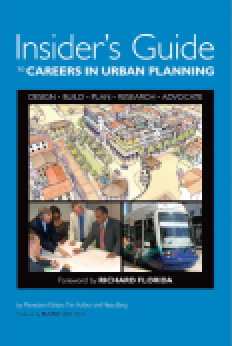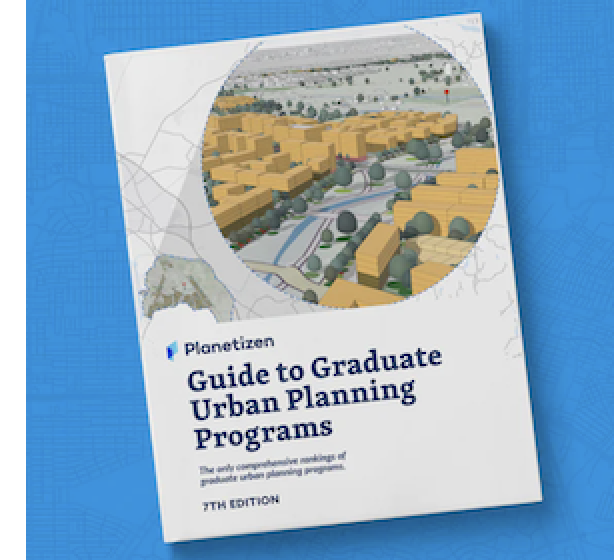After years of delays, cost overruns, and deadline extensions on a FEMA-funded street repair program, New Orleans officials face a massive funding shortfall and accusations of mismanagement.

As part of a 2015 deal to settle outstanding Hurricane Katrina Claims, the U.S. Federal Emergency Management Service granted the city of New Orleans $1.7 billion to complete nearly 300 street projects by August 2023. But as of May 2018, only $10 million of the funding was under construction and the city was under federal scrutiny. In 2022, that deadline was pushed to March 2025. Today, with less than a year to go, according to an article from Nola.com, not only are city officials planning to request another extension, but they are also facing a budget shortfall of as much as $1 billion.
“According to Joe Threat, the city's Deputy Chief Administrative Officer for Infrastructure, estimates from the construction firms involved in the work have skyrocketed due to higher costs for labor and materials that have impacted all sorts of projects since the start of the pandemic,” reports Nola staff writer Sophie Kasakove. Costs also rose as workers began tearing up streets and identifying additional repair needs. But some local elected officials say the program has been handled badly from the start.
In an effort to get a handle on delays and cost overruns, which Kasakove writes have plagued the effort over the past six years, the city recently contracted consulting firm CDM Smith, which identified the $1 billion estimated shortfall as part of a draft “gap analysis.” She reports “68 out of 273 projects set to be completed through what's known as the Joint Infrastructure Recovery Request, or JIRR, are currently on hold awaiting additional funding,” and 100 projects are in the planning process but not yet started, according to the city’s roadwork website. The city has expressed its commitment to completing all the projects, but local leaders and residents are frustrated and quickly running out of patience.
FULL STORY: Officials face up to $1 billion funding shortfall for New Orleans roadwork

New Florida Law Curbs HOA Power
The legislation seeks to cut down on ‘absurd’ citations for low-level violations.

New Tennessee Law Allows No-Cost Incentives for Affordable Housing
Local governments in the Volunteer State can now offer developers incentives like increased density, lower parking requirements, and priority permitting for affordable housing projects.

Planners’ Complicity in Excessive Traffic Deaths
Professor Wes Marshall’s provocatively-titled new book, "Killed by a Traffic Engineer," has stimulated fierce debates. Are his criticisms justified? Let’s examine the degree that traffic engineers contribute to avoidable traffic deaths.

Study: Housing Crisis is About Affordability, not Supply
New research shows that there is no overall shortage of housing units, but all U.S. metropolitan areas face a severe lack of affordable units for low-income renters.

Are Race-Based Lawsuits Affecting Community Lenders?
Shelterforce spoke with community lending leaders and experts about the current mood across the sector. What, if anything, are organizations doing to avoid becoming the next target of conservative activists?

New Park Promotes Community and Connectivity in Lewisville, Texas
The city of Lewisville just celebrated the opening of Glory Park/Parque la Gloria, helping to improve park access and the quality of life for residents.
City of Madera
City of Santa Clarita
Borough of Carlisle
HUD's Office of Policy Development and Research
Chaddick Institute at DePaul University
HUD's Office of Policy Development and Research
Colorado Energy Office
Pima County Community College District
City of Piedmont, CA
Urban Design for Planners 1: Software Tools
This six-course series explores essential urban design concepts using open source software and equips planners with the tools they need to participate fully in the urban design process.
Planning for Universal Design
Learn the tools for implementing Universal Design in planning regulations.



















670d.png)

1784.png)





